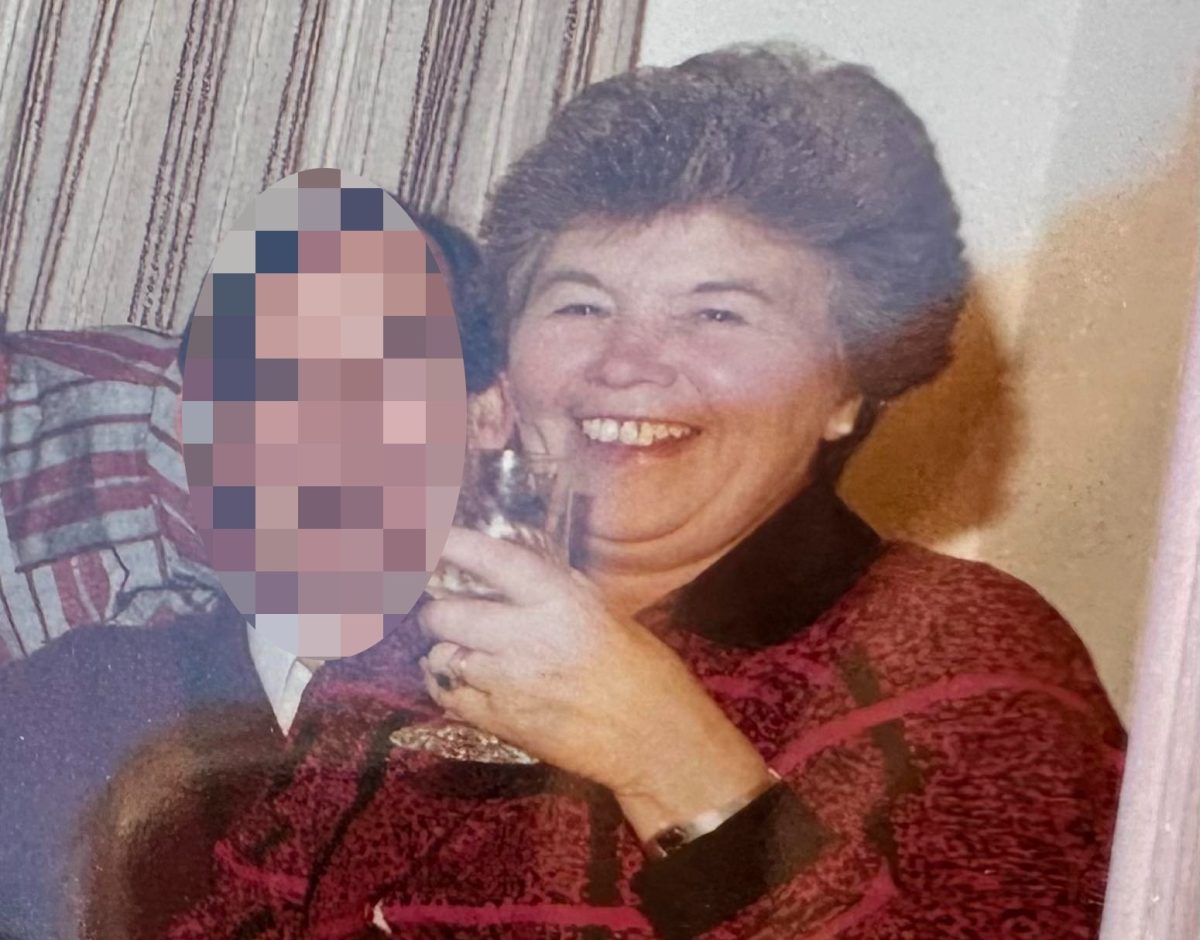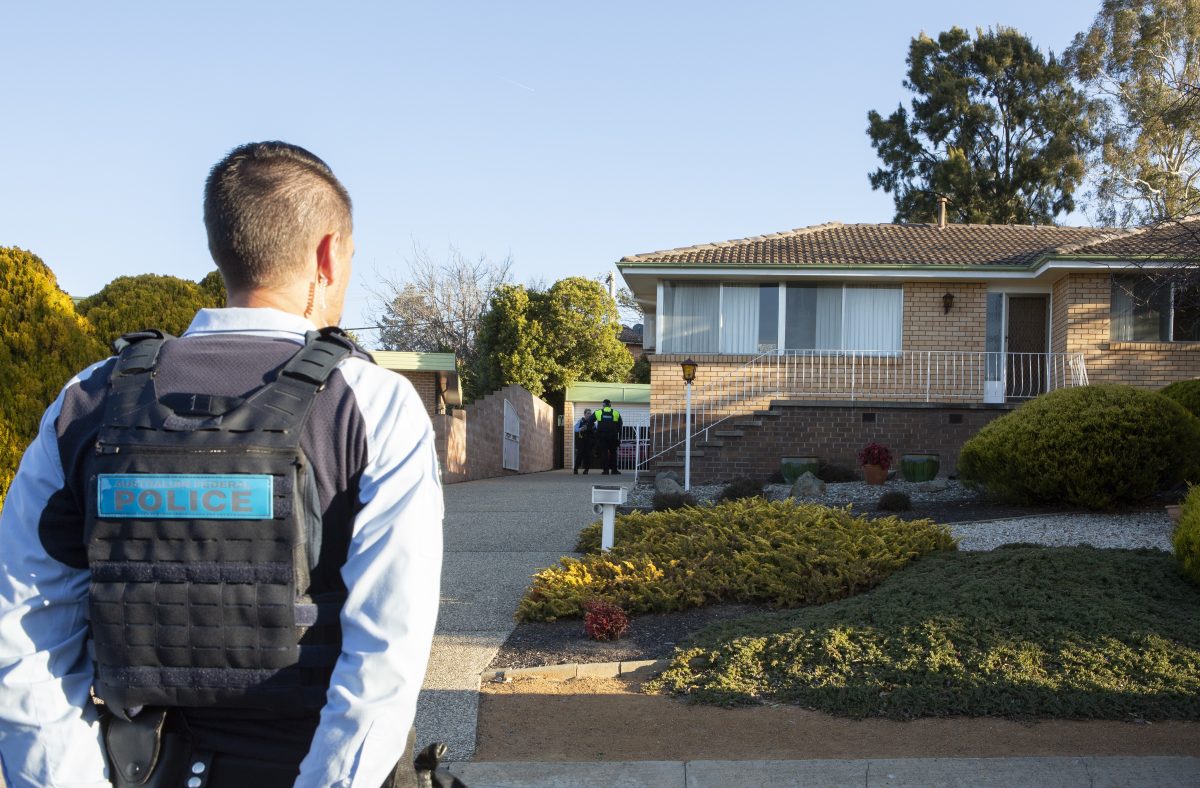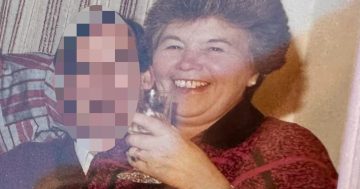
Jean Morley had been suffering from dementia in the year before her husband killed her. Photo: Supplied.
CONTENT WARNING: This article discusses suicide and family violence.
Donald Morley will spend the rest of his limited life locked up for the murder of his dementia-suffering wife, Jean Morley.
The 93-year-old admitted to suffocating his wife of 69 years with a pillow in their Fisher home.
Morley was charged with murder after a health worker discovered 92-year-old Jean’s body the next day.
He appeared via AVL in the Supreme Court on Monday (29 April) from Clare Holland House where he has been receiving palliative care.
Morley has previously been given three to six months to live as skin cancers have penetrated his skull.
Justice David Mossop said that while the length of any sentence would have little consequence given Morley’s limited life expectancy, only a term of imprisonment would be appropriate.
“Murder remains murder, notwithstanding the age or infirmity of the victim,” he said.
“The forceful murder of one’s spouse must be denounced.”
Justice Mossop said general deterrence was more important than punishment in his sentencing decision, especially given Australia’s rapidly ageing population.
“Even in extreme circumstances of age and infirmity … [murder] is not acceptable,” he said.
“[This is] a tragic end to the couple’s long and happy life together.”
Justice Mossop detailed that Morley and Jean had been together since they were 16 years old and had been married for 69 years.
They had moved to Australia in 1970 and “lived the Canberra dream”, spending a “happy and prosperous life together”.
Morley had been a master tooler at the Royal Australian Mint before becoming a cleaner, while Jean had worked as an administration assistant at an accounting firm.
They had been known as a loving couple, and Morley had referred to his wife as “my darling”.
But their declining health and age appeared to have put a strain on Morley.
Jean had been diagnosed with dementia and relied on Morley to help her get dressed, drive her to appointments, and operate household items such as the microwave and television.
The pair had been living independently, with a doctor noting from an appointment in the months before her death that Jean had “limited insight into the vulnerabilities of living at home”.
Meanwhile, Morley was hard of hearing and had a history of heart attacks and skin cancer.
At one doctor’s appointment, he had discussed his difficulty with keeping up with household tasks and mentioned voluntary euthanasia.
“We’ve lived too long,” Morley had said.

Police were called to the Morley’s Fisher home by the nurse who discovered Jean’s body. Photo: ACT Policing.
Justice Mossop outlined that shortly before Jean’s death, the couple had had lunch with some lifelong friends.
“[Morley told police they both] didn’t get enjoyment out of the things that they used to … they couldn’t even enjoy their friends anymore,” he said.
It was as Jean was watching television one evening that Morley decided to end both their lives.
He started by suffocating Jean with a pillow after she came to bed, then tried several times to kill himself.
Morley told police: “It was easy to put the pillow over her face” and that “she struggled a bit”.
Court documents previously showed Morley had written notes asking people not to label their deaths as “a murder-suicide”, stating “after 69 years we were both afraid of the future” and “this wasn’t easy for me, especially my darling”.
Justice Mossop condemned Morley’s decision, stating Jean had been “particularly vulnerable” and that she “had not asked to be killed”.
“[She was] killed in her own home by her husband while lying in bed,” he said.
“Murder is the greatest denial of individual autonomy, all the more so when the victim is vulnerable.”
Justice Mossop noted the killing had not been motivated by malice but rather by Morley’s inability to realise there were other ways the pair could live with more support.
“He came to fear the future … [and felt], briefly, [murder] was the only acceptable option,” he said.
Morley was sentenced to nine years imprisonment, with a non-parole period of four-and-a-half years.
Whether he spends that time in a prison or care setting will be up to the Director-General of Corrective Services.
“He will most likely [spend the rest of his life] in a hospital or hospice,” Justice Mossop noted.
If you or someone you know needs help, you can contact:
Lifeline’s 24-hour crisis support line – 13 11 14
Suicide Call Back Service – 1300 659 467
Kids Helpline – 1800 551 800
MensLine Australia – 1300 789 978.
















Just cut the tram and give us proper healthcare! View